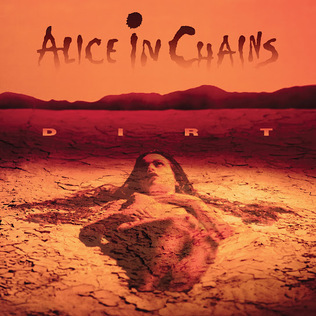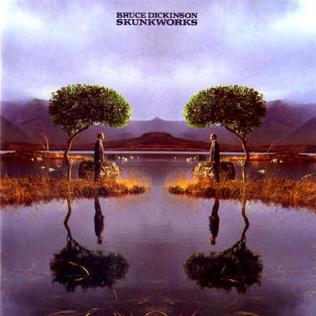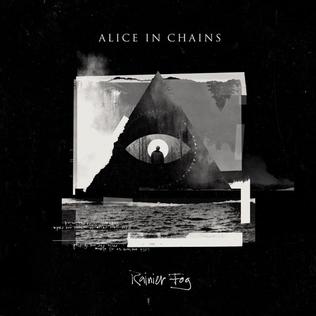Album of the Week 03-2024: Mauser – Más Fuerte que la Muerte
Mainstream metal doesn’t really seem to be a thing anymore. Even as late as the early 2000’s, there was always a band with somewhat heavy guitars on fairly frequent rotation even on the most metal-averse radio and music tv stations. A band like Mauser, however, proves that an accessible hard rock and metal sound is still well worth exploring. Their combination of equal parts Alice In Chains, Soundgarden and classic heavy metal, with maybe a hint of nineties Metallica thrown in, is powerful, catchy and simply highly engaging. In a just world, Mauser would be selling out arenas all over Latin America. Possibly even worldwide.
Songwriting-wise, Mauser succeeds where many mainstream metal bands fail. While all the songs on their excellent second full-length ‘Más Fuerte que la Muerte’ has a fantastic chorus, the band realizes that a good song has the potential to have multiple good hooks. As a result, many of the riffs are extremely memorable. Moreover, Mauser shows that catchy songwriting doesn’t necessarily mean that you have to simplify your songs to the lowest common denominator. There genuinely is a lot going on throughout ‘Más Fuerte que la Muerte’, both in dynamics and clever songwriting twists, but it’s all surprisingly easy to digest.
First things first: ‘Más Fuerte que la Muerte’ itself is one of the greatest rock songs of this century. After the fairly dramatic riff that dominates the intro track ‘Cruces’, the title track starts with probably the most thrash metal riff on the album, only to develop into a powerfully stomping hardrocker with an amazingly cathartic chorus, in which the vocal harmonies of singer Alex Rojas and guitarist César Gonzáles Salaverry create something that is simply magic. Rojas’ passionate, powerful delivery is something that sets Mauser apart from other bands attempting a similar thing anyway. The vocals are incredible.
In the following 35 or so minutes, Mauser explores everything that is possible within their sound without ever sounding disjointed of unsure what they want to be. The hearfelt semi-ballad ‘Hey!’ is just as impactful as the arena rocker ‘El Hombre que Ves’ or the intense ‘Voces’, which feels closest to actual heavy metal due to its almost NWOBHM-ish main riff. Songs like ‘Llevas Dentro’ and ‘Explotaré’ bring together the tougher metal riffs and the memorable rock hooks very effectively and are sure to please audiences of both genres. There are even some nice Sabbath-ish grooves around.
There is something delightfully loose and spontaneous about how ‘Más Fuerte que la Muerte’ sounds. But at the same time, the songwriting and arrangements on the album are so well-thought-out that there is clearly more going on than just a band playing a bunch of riffs. Combined with some of the best vocals I have heard in the genre in a while – both Rojas’ lead vocals and the harmonies – this creates a template for rock music that I wish was more common than it actually is. Mauser honestly has the chance to appeal to many people across the rock and metal spectrum. Give them a chance and be as enchanted as I was when I first heard them.
Recommended tracks: ‘Más Fuerte que la Muerte’, ‘Voces’, ‘Llevas Dentro’






